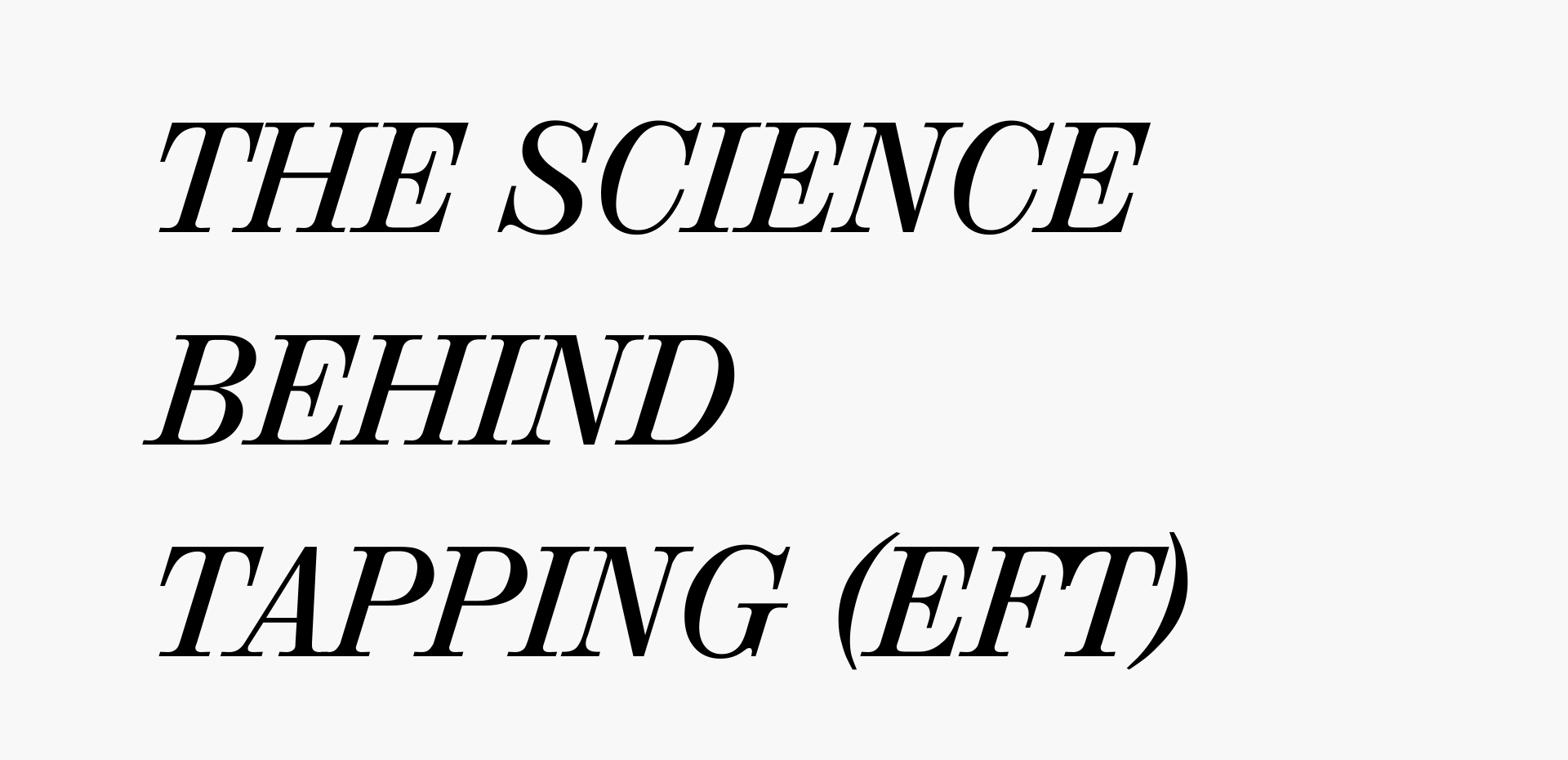

In today’s episode, Dr. Peta Stapleton, a registered Clinical and Health Psychologist and Associate Professor in Psychology at Bond University (Australia) with 25 years’ experience, will discuss the science behind EFT (Emotional Freedom Technique) or the ‘Tapping Technique’ and how it can help us in managing all kinds of stress.
Dr. Peta Stapleton is a world leading researcher in EFT (or tapping as it is also known) and has established herself as one of Australia’s leading health professionals. Her research is centred around the 4th wave of psychological therapies that focus on the mind and body.
One of her most significant contributions in her life has been leading world-first randomised clinical trials investigating the effectiveness of EFT.
Dr. Peta Stapleton is a co-founder of Mind Heart Connect, an organisation that raises awareness of the mind-body connection through evidence-based practices. She runs a series of workshop trainings throughout Australia teaching Allied Health Professionals and Teachers EFT Tapping.
What is Tapping or EFT?
EFT Tapping is simply a self-applied stress reduction tool. It can be taught to children as young as 5 years old, and has a growing list of research trials published to support its effectiveness.
How does EFT work in our brain?
It’s a surprisingly simple technique and is done by stimulating pressure points on the body with a two-finger tapping technique. Emotional Freedom Techniques result in a calming effect on the amygdala (the stress centre of the brain) and the hippocampus (the brains memory centre), both of which play a role in the decision-making process to determine if something is, or isn’t, a threat, in the fight or flight response.
EFT also seems to have the same calming effect on cortisol – the stress hormone. High cortisol levels can be caused by a variety of things, including biological stressors, mood disorders such as depression and anxiety and psychological stress.
Clinical trials have shown that EFT can rapidly reduce the emotional impact of memories and incidents that trigger emotional distress. EFT has an immediate calming effect and can be used by children as young as 3-4 years old.
What else can EFT help with?
EFT is not only a useful technique in weight management but research trials have also shown the remarkable and positive effects of tapping on PTSD, anxiety, depression and phobias, as well as chronic pain, fatigue, and the cessation of smoking. In addition to her weight loss related studies, Dr Stapleton’s most recent research has included:
- Brain changes after EFT for overweight adults with food cravings (using MRI)
- Teaching EFT for healthy food choices and physical activity in 14 year olds
- EFT for academic fear and difficulties in 15-year-old high achieving students
- EFT versus cognitive behavioural therapy for depression in adults
- EFT for Chronic Pain
- EFT for Stress Reduction (using salivary cortisol testing)
Highlights:
2:34 - Science and history behind the tapping technique or EFT (Emotional Freedom Technique)
7:03 – Applications of tapping
08:40 - Stress Reduction
11:30 – Tapping the 8 pressure points
16:40 – Why it works in so many areas
18:00 – Always say what you honestly feel when you do EFT
19:21 – EEG and Cortisol Testing, bodily measurements to check if tapping really worked
22:35 – DNA Studies
25:37 – Long-lasting effects
27:35 – Positive tapping
31:00 - Tapping for goal setting
32:00 - Tapping your limiting beliefs away
35:25 - Tapping with no words but just to regulate or calm down
Episode #8 | Rae Carmen – How to Deal with Burnout
Episode #10 | Charlie Mac –Free Yourself

